Higher Education
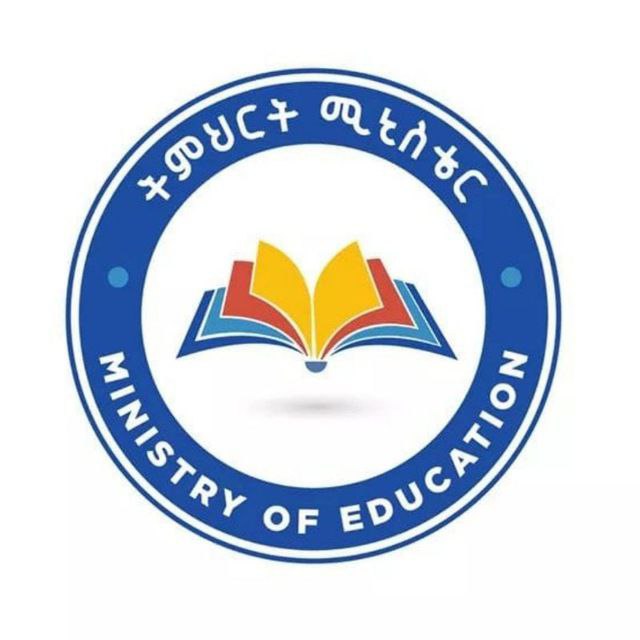
Cheif Executive Officer
-------------
Higher Education
Research and Community Engagement Executive
Head, Research and Extension Desk
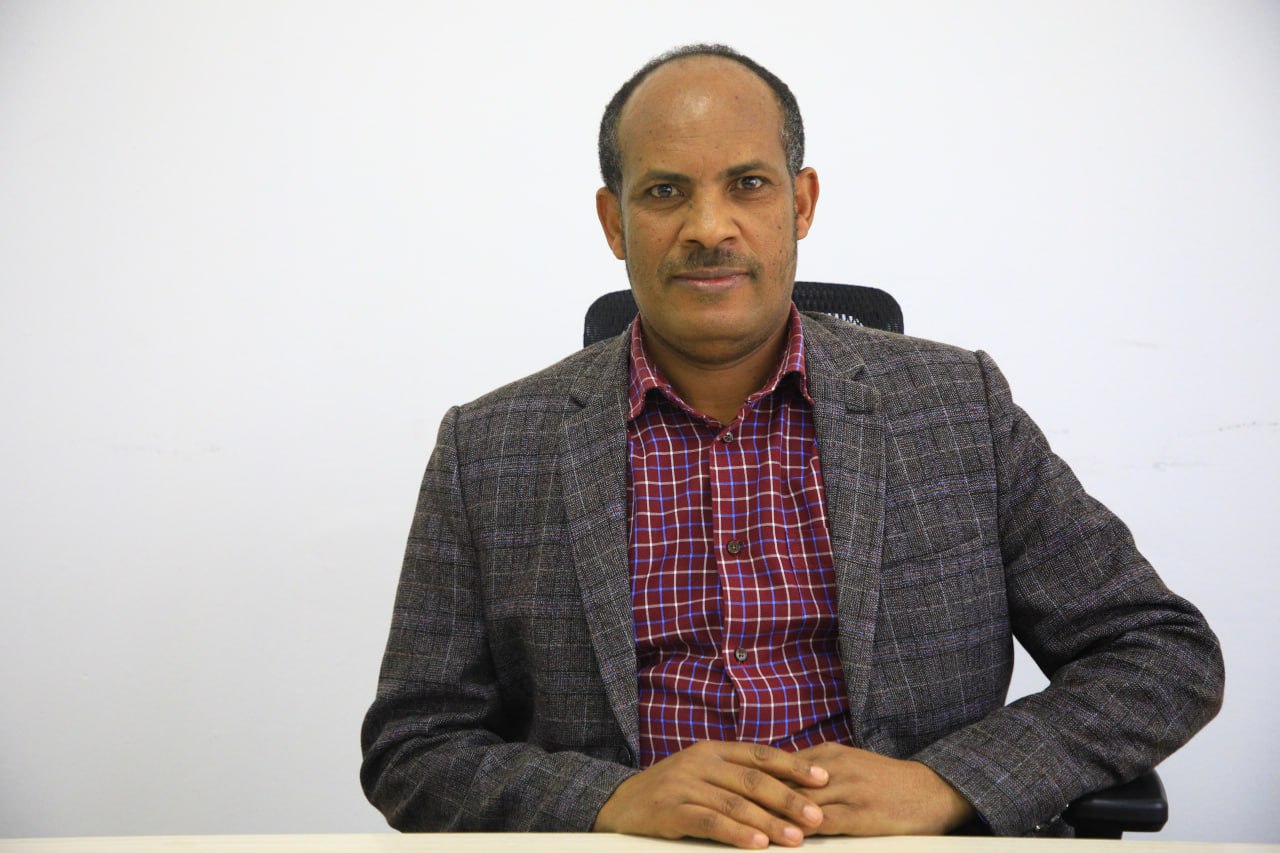
Desk
Abunu Arega (PhD)
Head, Research and Extension Desk
-
-
- Establish and strengthen a system for enhancing research
quality, relevancy and extension in EHEIs, local journals
evaluation and accreditation and global visibility.
- Establish and strengthen a system for enhancing research
-
- Capacity building in EHEIs research
-
- Monitoring and supporting
-
Head, Research Ethics Desk
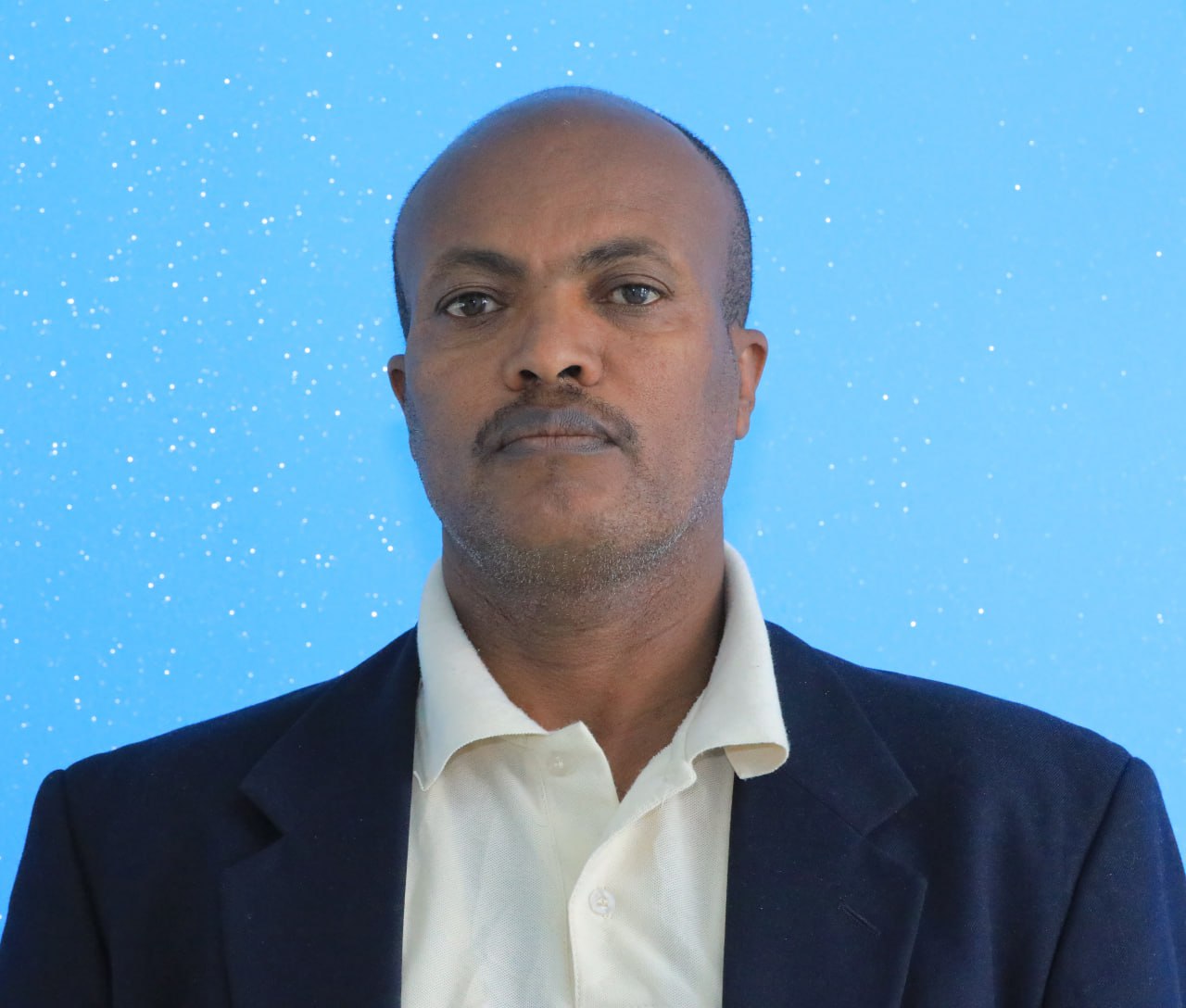
Desk
Abule Takele (PhD)
Head, Research Ethics Desk
The Research Ethics Desk is the Secretariat, and its responsibilities are the following:
- Receive and acknowledge research protocol applications from Institutional Ethics Review Committee (IRERC) to the National Research Ethics Review Board (NRERB)
- Facilitate regular and extraordinary meetings of NRERBs in consultation with the Chairperson.
- Communicates decisions of the NRERBs to the applying institution with a copy to the researchers.
- Archive all project-related protocols, correspondence, decisions and minutes of the NRERB
- Receive annual and bi-annual reports from IRERCs and organize conferences on research ethics.
- Facilitate the registration and accreditation of IRERCs based on the guideline and SOP of the NRERB.
- Support networking among the NRERBs and other IRERCs (IRERC s/IECs).
- Facilitate and conduct the monitoring and evaluation of the ethical implementation of research.
- Organize, support, and facilitate the conduct of research ethics training programs.
- Solicit additional budgets or funds for effective delivery of the duties of the NRERB.
- Register and maintain database of all ongoing and completed research under the oversight of IRERCs that are registered.
The National Research Ethics Review Board (NRERB)
The main role of the NRERB is review and decide research protocols that are submitted at national level to the Ministry, and to safeguard the dignity, rights, safety, and welfare of actual or potential research participants and/or communities.
Head, Institutional Linkage and Technology Transfer Desk
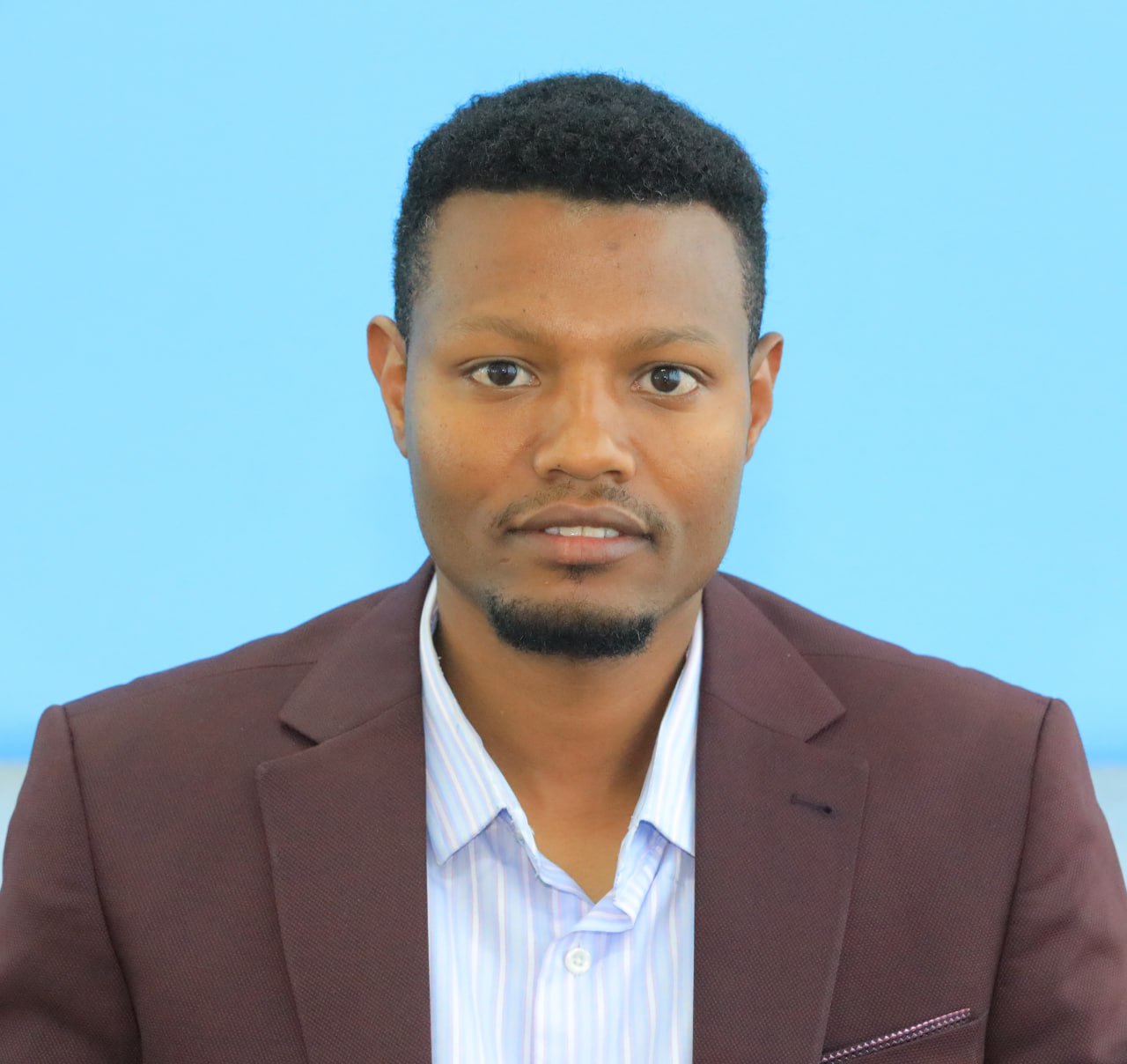
Desk
Mr. Teshome Daniel
Head, Institutional Linkage and Technology Transfer Desk
-
-
The overarching roles and responsibilities of the desk are to create a conducive environment for Higher Education-, Technical & Vocational Training, - & Research - Institutions and Industry linkage, in the areas of Joint applied Research, Technology Transfer, Internship, Externship, Cooperative Training, and Consultancy Services.
In addition to producing enabling legal frameworks, and overseeing institutional and industry linkage activities, including but not limited to technology and research output commercialization and dissemination, the development of incubation centers, and playing its role to enable innovation ecosystems in Ethiopian higher education institutions.
The desk also has the roles and responsivities to nationally act as Secretariat for the National Linkage Council (NLC) and facilitate Academia-Industry partnership according to the HETRIIL Proclamation 1298/23.
-
Head, Community Engagement and Indigenous Knowledge Desk
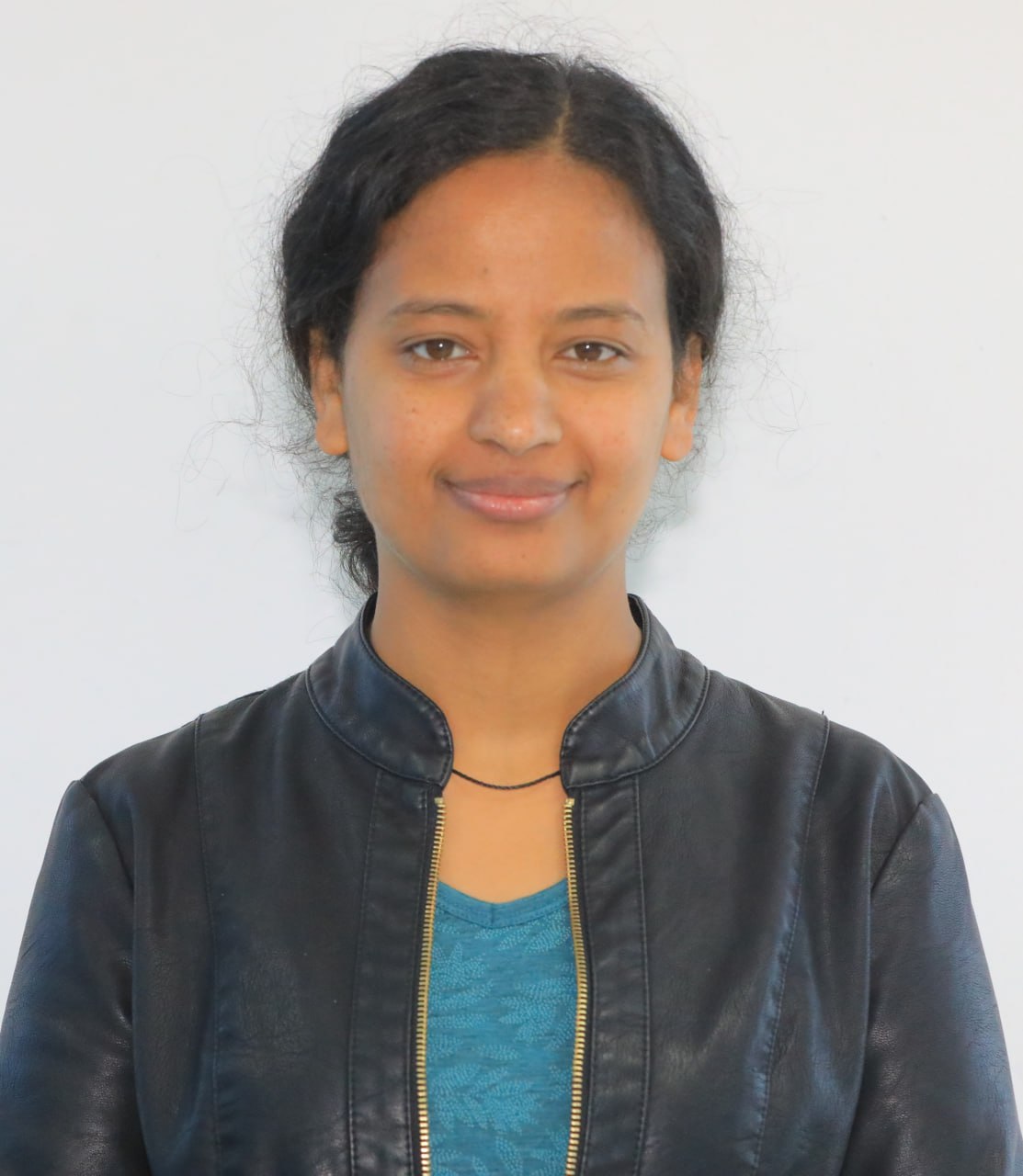
Desk
Mrs. Selam Alemu
Head, Community Engagement and Indigenous Knowledge Desk
-
-
- Tasks and Responsibilities of the Social Welfare and Indigenous Knowledge Desk Head The work is carried out through higher education institutions, creating a tight relationship with the institutions to facilitate the possibility of working together, regarding the various activities carried out
under him, to experts such as social welfare, mathematics, science and technology and indigenous knowledge development experts, in their assigned tasks.
- Tasks and Responsibilities of the Social Welfare and Indigenous Knowledge Desk Head The work is carried out through higher education institutions, creating a tight relationship with the institutions to facilitate the possibility of working together, regarding the various activities carried out
-
- Monitoring and supporting them to do their work properly according to the detailed and plan of the institution, providing awareness training, delivering reports to the concerned parties, making decisions regarding the letters coming to the desk from various departments and making them effective, having discussions with the higher officials of the institution regarding the activities of the department, facilitating the work of the department in each institution.
-
- Facilitating the establishment of enabling centers, facilitating the way the institutions receive financial support from various governmental and non-governmental institutions.
-